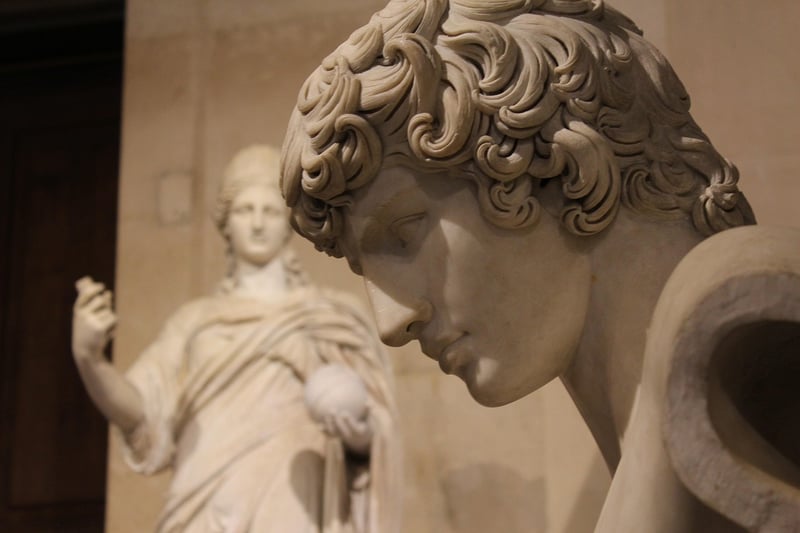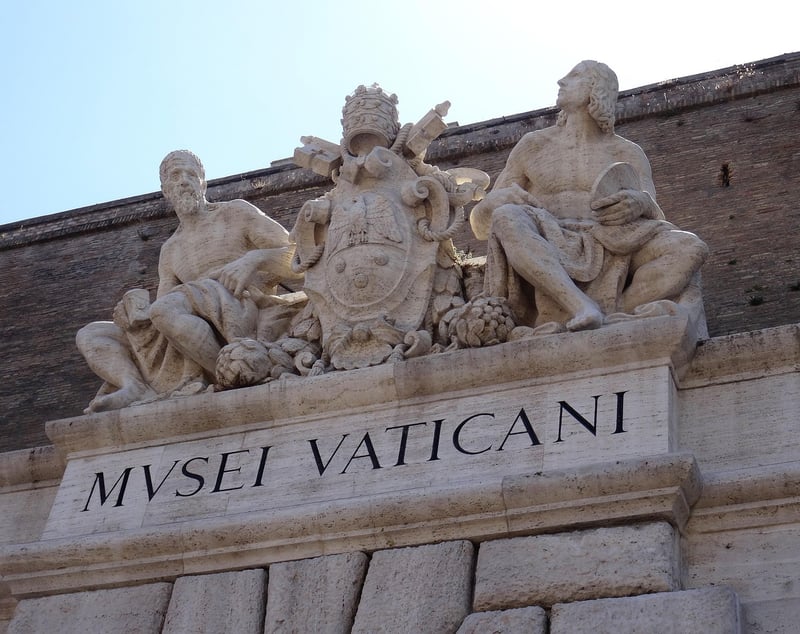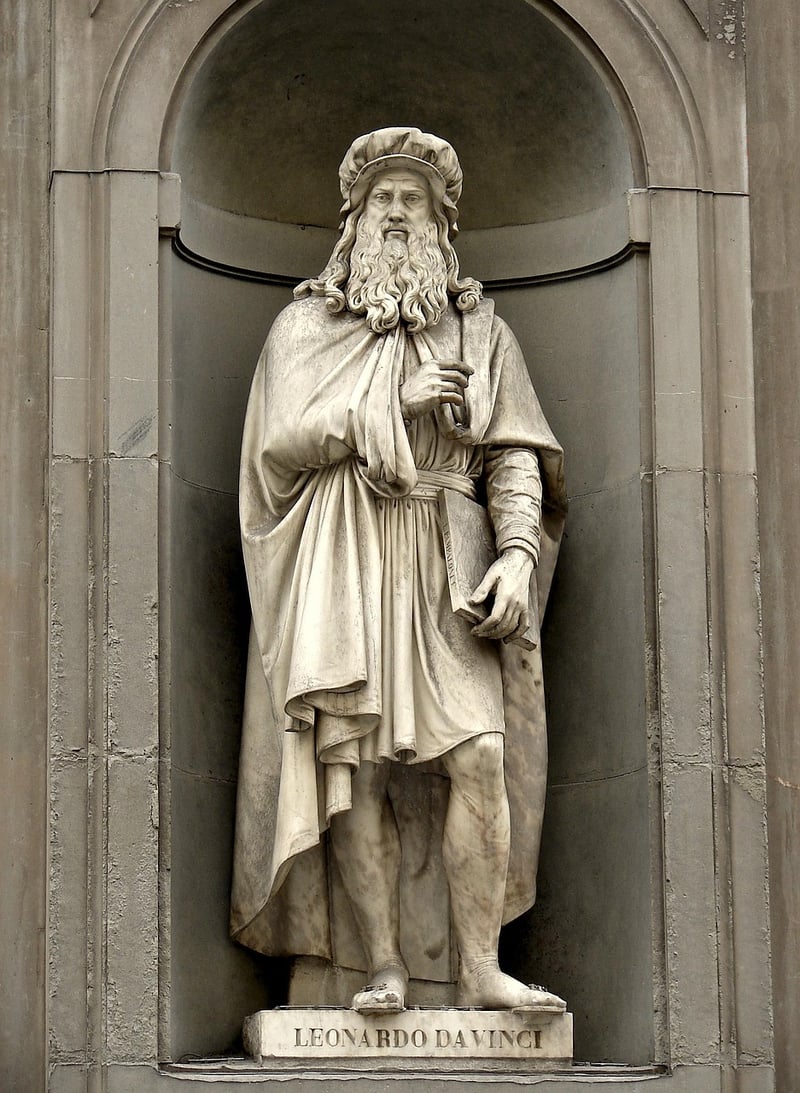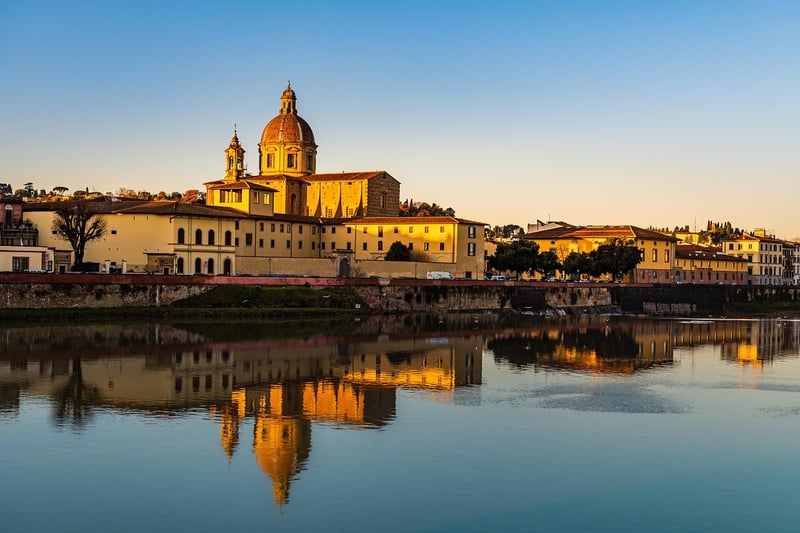Renaissance Secrets Unveiled
Uncover the Past: Renaissance Secrets Unveiled

The Renaissance period, spanning roughly from the 14th to the 17th century, was a time of immense cultural, artistic, and intellectual growth in Europe. This era saw the revival of classical learning, art, and architecture, leading to groundbreaking discoveries and innovations that shaped the course of history.
The Masters of the Renaissance
One of the most iconic figures of the Renaissance was Leonardo da Vinci, a true polymath known for his paintings like the Mona Lisa and The Last Supper, as well as his inventions and scientific explorations. His work epitomized the fusion of art and science that defined the era.

Raphael, another prominent artist of the Renaissance, was celebrated for his graceful compositions and frescoes, including the beautiful School of Athens depicting famous philosophers and scientists.
The Rediscovery of Ancient Wisdom
During the Renaissance, there was a renewed interest in the works of ancient scholars such as Plato, Aristotle, and Ptolemy. These texts, which had been largely lost or forgotten during the Middle Ages, were rediscovered and translated, sparking a wave of new ideas and philosophies.
The Scientific Revolution
The Renaissance also laid the groundwork for the Scientific Revolution, challenging traditional beliefs and paving the way for modern science. Figures like Copernicus, Galileo, and Kepler revolutionized our understanding of the universe, introducing groundbreaking theories in astronomy and physics.

Legacy of the Renaissance
The legacy of the Renaissance continues to inspire and influence art, science, and culture to this day. Its emphasis on humanism, innovation, and exploration of the natural world laid the foundation for the modern world we live in.
Unravel the secrets of the Renaissance and discover the brilliance of this transformative period in history!
References: britannica.com, history.com
